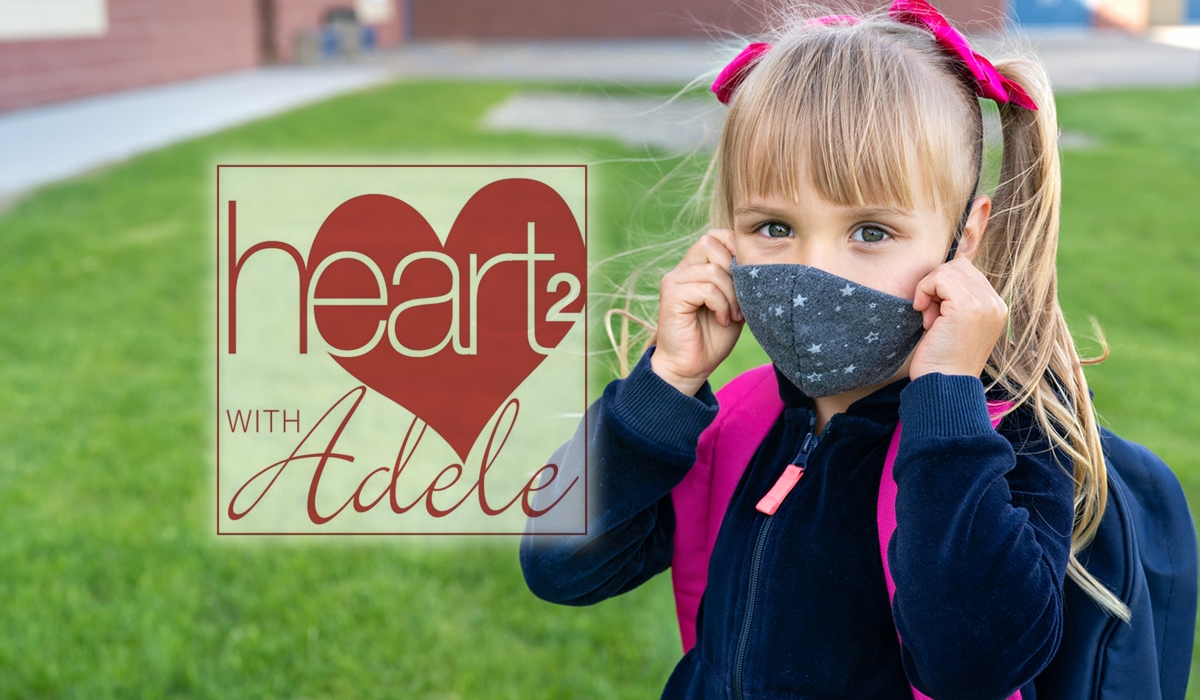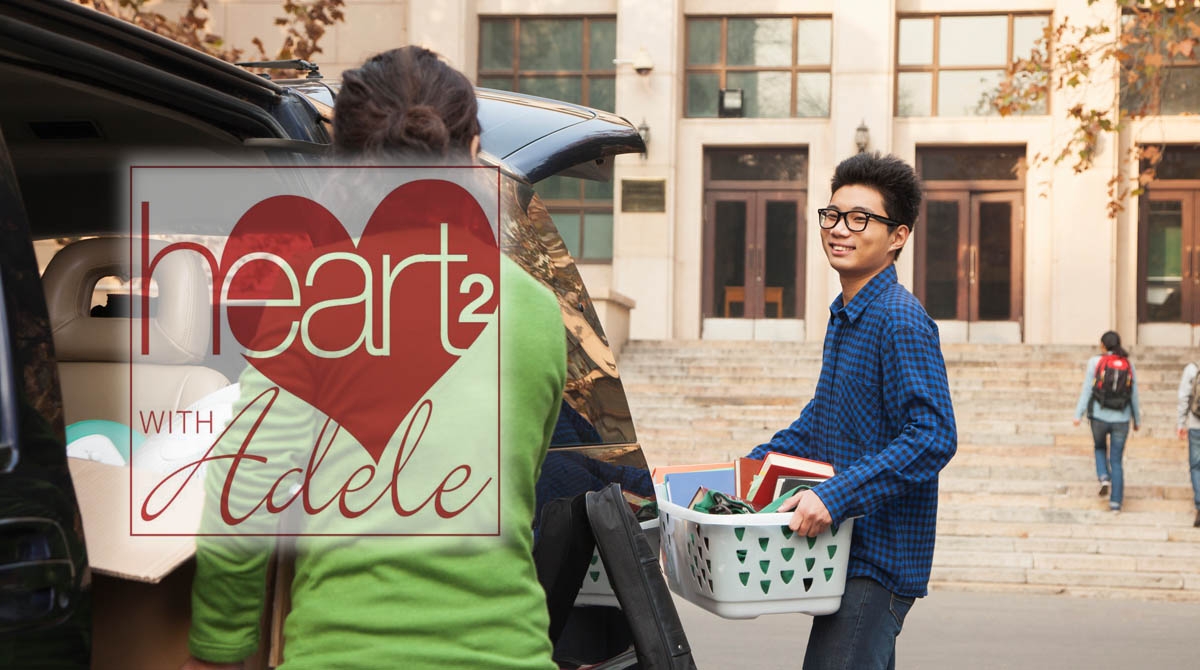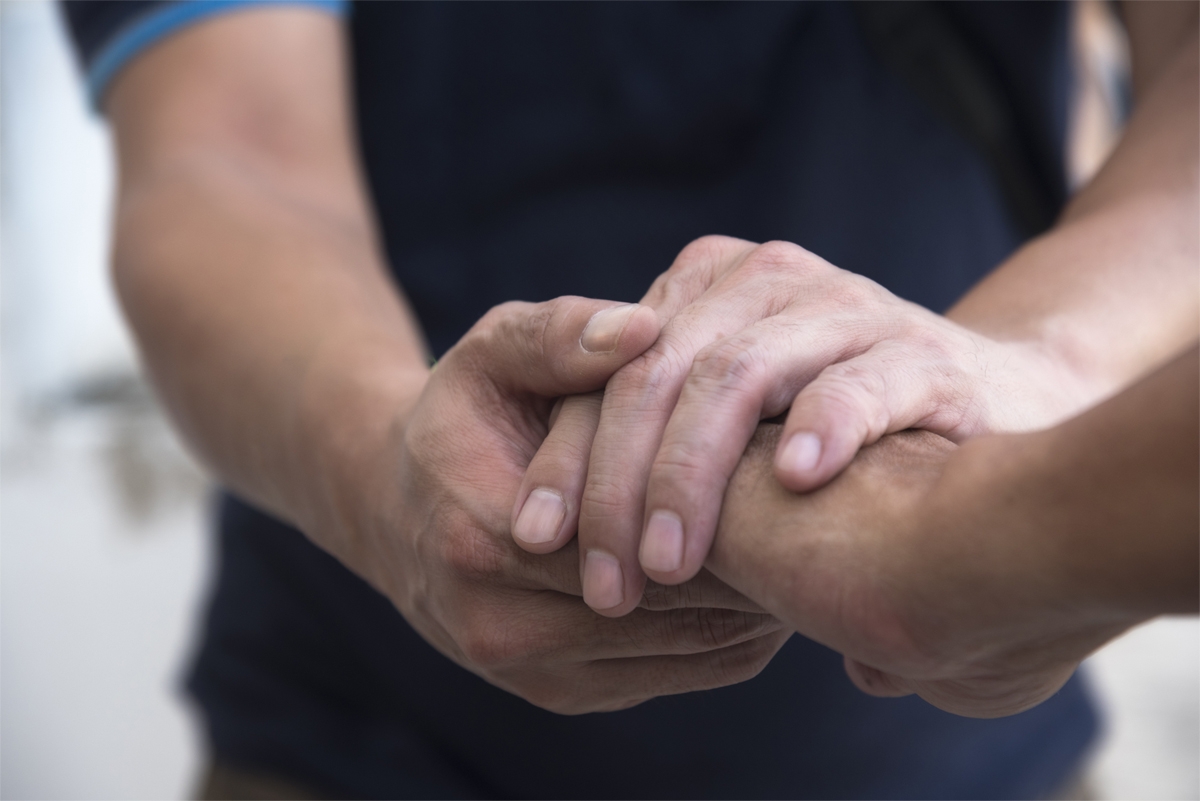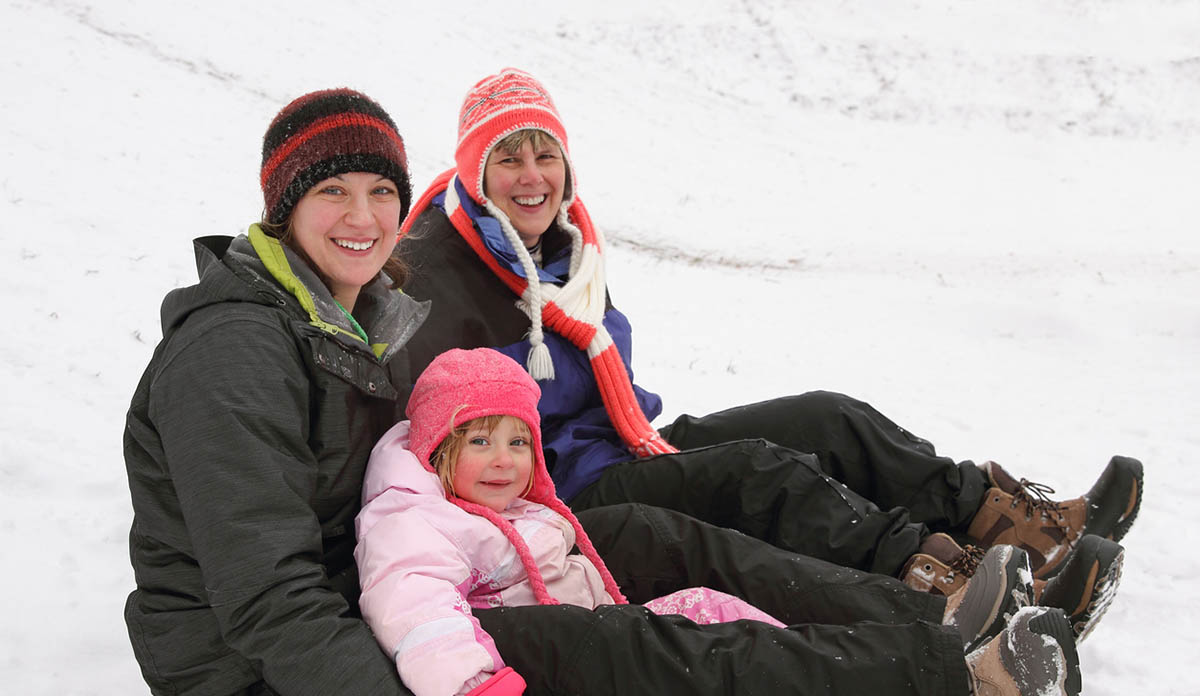
Return to school and strategies for dealing with stress
Question:
Dear Adele,
Dr. Michael Silverman reported an incident in which his 5½-year-old son told him that Spiderman had died of Covid-19. A story such as this, is proof that anxiety and fear is running high in our children with obvious concerns about the pandemic. We are wondering how to dial it back, while preparing the children for compliance with all the modifications being put in place in education.
We are looking for advice on how to ready our youngsters for school while keeping the angst down. Any ideas?
Stressed Out
Answer:
Dear Stressed Out,
School, in fall 2020, is a whole new world for children. It will be characterized by such features as minimalistic classrooms, social distancing, seat screening, smaller classes, mask wearing, hand washing, outdoor learning, Covid screening and testing, contact tracing and isolation. Entry dates may be staggered, and attendance patterns varied from the traditional and familiar Monday to Friday routine. Some children will attend classes physically while others will be engaged in virtual learning online. Some children will have a combination of both. More involvement will be expected of parents and greater responsibility will be on the students who must learn from home independently, some of the time.
An article entitled ‘What will a return to school during Covid-19 pandemic look like?’ states that there were 1 billion students still out of school due to nationwide school closures but that 78 per cent of them had decided to reopen. Authorities needed to consider the benefits and risks of such a decision which included the delivery of the curriculum to the children, public health and socioeconomic factors within the school system. Leaders needed to provide for flexibility and adaptability when putting safety considerations into play. The plans had to have standards consistent with the rest of the community precautions. Considerations might have included staggering entry times, staggering mealtimes, utilizing temporary spaces and outdoor spaces, making changes to reduce class size and improving access to water. Good hygiene practices such as hand-washing routines, respiratory etiquette, physical distancing, cleaning procedures, and staff training were all necessary matters to think about.
Doctor Theresa Tam, Canada’s Chief Public Health Officer, says the Covid-19 issue is likely to be around until 2022, so getting a good handle on it by the leaders is salient to our children’s health and safety as well as their progress academically. Be assured our leaders are doing everything possible to prepare the learning environments and are working under great pressure to do so. Ontario teachers will have ongoing training and the best of their abilities will be called into play, especially their flexibility, adaptability and skill delivery of curriculum. They too are first timers through such an experience and will need the support and assistance of Ontarians to carry it off. I have every confidence they will do their best and rise to the occasion required, to remain among the top educators in the country.
That being said the teachers are under stress, too. A segment of a September 6, 2020 CBC television program, hosted by Michael Serapio, addressed the new realities and the new normal of the educational system. He noted that the four Ontario teacher unions were involved in legal action with the provincial government around the safety of the working conditions in schools. While the profession has many judicious concerns there seems to be some difference in opinion among the teachers themselves. An article entitled “Teachers are a more diverse group than many people realize” states that the message from teachers’ unions is that teachers are scared to go back to work. It states “Not all teachers are afraid to go back to work because of the Covid-19 pandemic. The teachers’ union should reflect the diversity of views the teachers hold.” Let us hope that the teachers’ voices are heard by leaders and that the safest possible and least stressful working and learning conditions can be put into place for our children and the professionals who teach them.
A special Time edition entitled ‘The Science of Stress’ contains an interesting chapter on the ‘Challenges of Childhood’. Author Ingela Ratledge Amundson discusses the signs of stress in children. She says that youngsters often cannot verbalize their emotions or desires so it is important to learn good communication strategies and keep one’s ears open. In some cases, children’s stress will present physically in the form of headaches or tummy aches.
Regularly, stress will come out in a child’s behaviour or mood shifts. Stress may take the form of behaviour regression like trouble eating, sleeping, separating from parents or augmented irritability or worry. Social changes are other indicators of stress in youngsters and can be observed when a child withdraws, cannot get along with other children, or when academic performance changes significantly. Any kind of harmful behaviour or perfectionist conduct can indicate that a child is struggling with a life problem with which he/she is unable to cope.
The two most critical factors one must observe in assessing the level of stress impacting a child are the depth of the negative response and its duration.
So, Stressed Out, you need a few strategies to help dial back the angst, apprehension and stress around school during the Covid-19 pandemic for you and your children? I will list a few that I think might be helpful:
1: Educate yourself accurately about the modifications for safety and learning at school so you are comfortable that everything reasonable is being done to ensure your children are in an innocuous situation. Share the information with the children. Do not shield them from the truth.
2: Talk optimistically in the home about the modifications being made at school. Your children are listening and learning from you about how to be positive and constructive.
3: Develop a relaxed, easy-going and flexible attitude towards the changes your children will experience at school. There is a trickle-down effect with children learning how to resolve conflict, being adaptable and coping with stressful situations. You are a model for your youngsters.
4: Keep expectations for academic performance realistic, realizing the delivery and learning conditions will be compromised this school year. Help your children with their assignments each day/night and keep routines for school work predictable.
5: Involve the children in solving any problems related to Covid-19. Encourage the children to think up solutions, to establish ways to carry them out, and to do them consistently and matter-of-factly. Review with the children how the solutions to the problems are working regularly. Help them monitor and modify the solutions.
6: Set aside ‘special time’ for each child, on a regular basis. The ‘special time’ should be one on one with no distractions, no devices, and no other people. This kind of undivided attention should provide an opportunity for your children to talk about problems and stresses. Adele Faber and Elaine Mazlish’s book entitled ‘How to talk so kids will listen and listen so kids will talk’, is an excellent resource.
7: Share your own past experiences with stressful times. Be honest about your feelings, your failures and your successes. Reassure your children that stress is a part of life, that they can handle their situation at school and that the future will be brighter because of what this experience will teach them.
8: Ensure that your family have opportunities to unwind, relax and exercise. Life will never be stress free so making time to have fun, being involved in creative play activities, and doing active things which promote laughter and good times for the family, will go a long way in relieving the stresses from school.
9: Consider joining or starting a parent support group. Sharing ideas, information and strategies with other parents might be of assistance to you.
10: Professional support might be helpful for your child and is available through the school personnel, in the social service community centers, and through professional private counsellors such as social workers and psychologists.
I will conclude with a few inspirational quotations which might be useful with your progeny, Stressed Out:
“It’s not stress that kills us; it is our reaction to it.” — Hans Selye
“It’s not the load that breaks you down; it’s the way you carry it.”— Lou Holtz
“You are braver than you believe, and stronger than you seem, and smarter than you think.” — Christopher Robin
Sincerely, Adele








